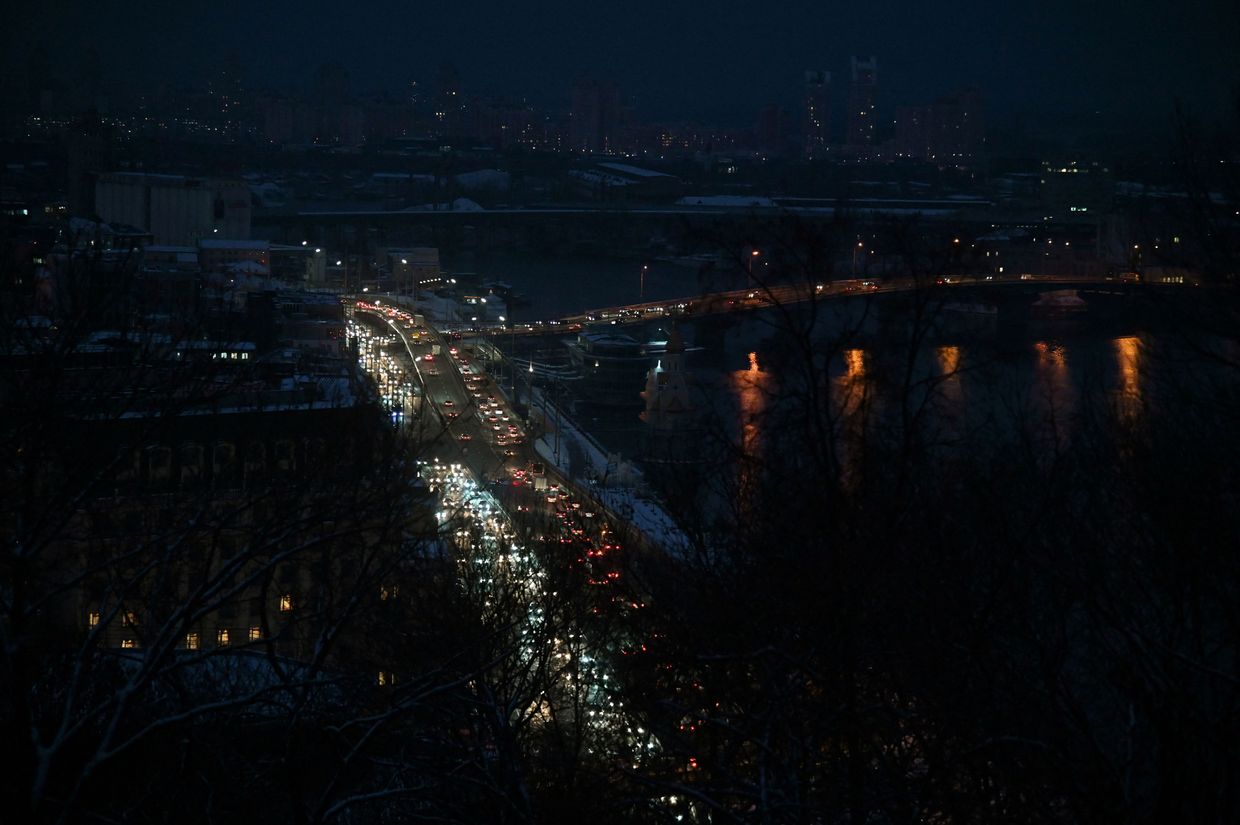EBRD to provide 1 billion euros for Ukraine's battered energy infrastructure

Editor's note: The EBRD has since clarified that it actually signed multiple agreements totalling 1 billion euros for a variety of areas including energy infrastructure, not one single agreement for that amount.
The European Bank for Reconstruction and Development (EBRD) has pledged 1 billion euros ($1.07 billion) to assist Ukraine in repairing its damaged energy infrastructure, EBRD President Odile Renaud-Basso said on June 11.
Renaud-Basso said an agreement would be signed on the sidelines of the Ukraine Recovery Conference in Berlin.
She emphasized a shift toward supporting distributed energy capacities, highlighting the importance of not only generating energy but also distributing it effectively.
"Efforts will now be focused on distributed energy capacities, not just on generating capacities, as was the case last year," Renaud-Basso said in comments reported by Ukrinform.
The EBRD has been actively supporting Ukraine, having invested 3.8 billion euros ($4 billion) between 2022 and 2023, with the investment reaching 4 billion euros ($4.3 billion) by February 2024.
In December 2023, the bank's board approved a 4-billion-euro capital increase to bring its capital base to 34 billion euros in order to sustain support for Ukraine long-term.
The latest tranche of aid will particularly benefit decentralized heating in Ukraine's Lutsk Oblast. Renaud-Basso underscored the significance of such assistance, stating that it enables people to remain in the country and continue supporting the war effort amid ongoing conflict.
Russian missile and drone attacks have reportedly destroyed 9 gigawatts (GW) of Ukraine's capacity.
The peak energy consumption last winter was 18 GW, and "half of that is gone now," President Volodymyr Zelensky said at the same conference on June 11.
In an interview with the Kyiv Independent on June 9, Executive Director of Ukraine’s largest privately-owned energy company DTEK Dmytro Sakharuk, said Ukrainians could face up to 20 hours of blackouts a day under a “worst-case” scenario if the country cannot repair and properly defend its energy infrastructure from Russian attacks.














